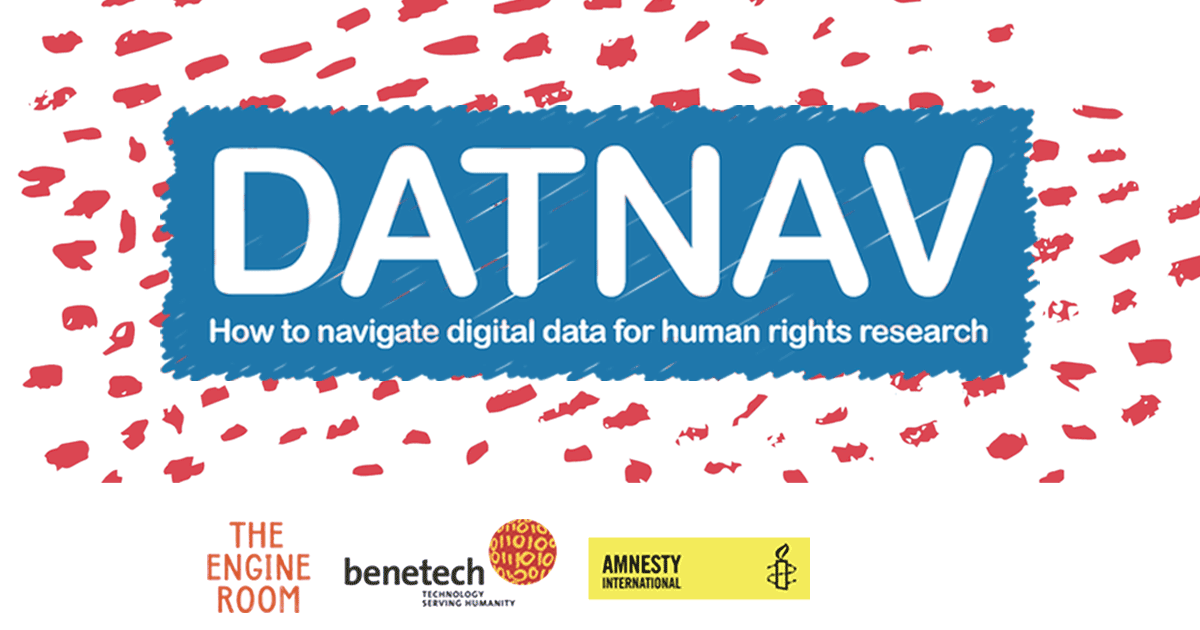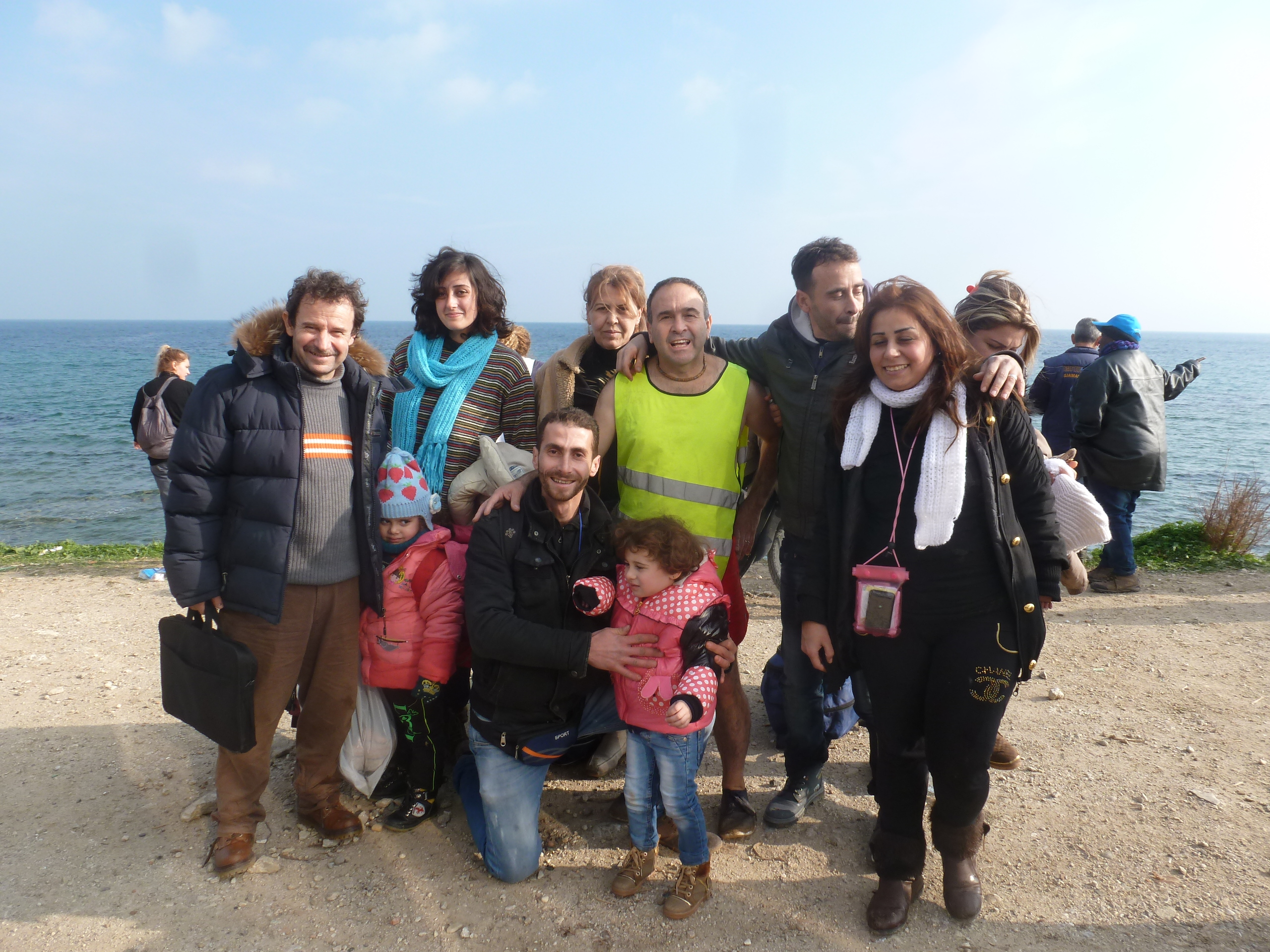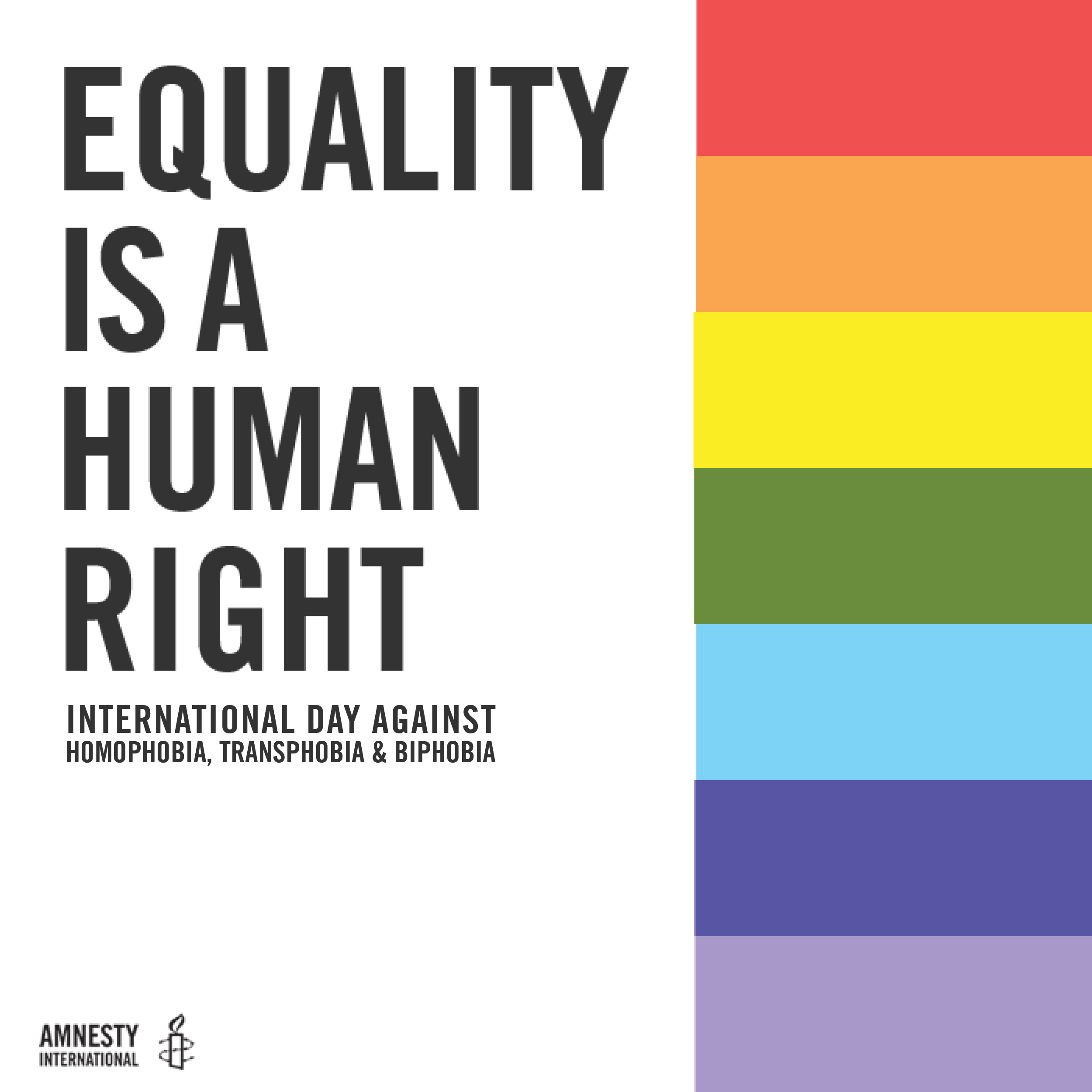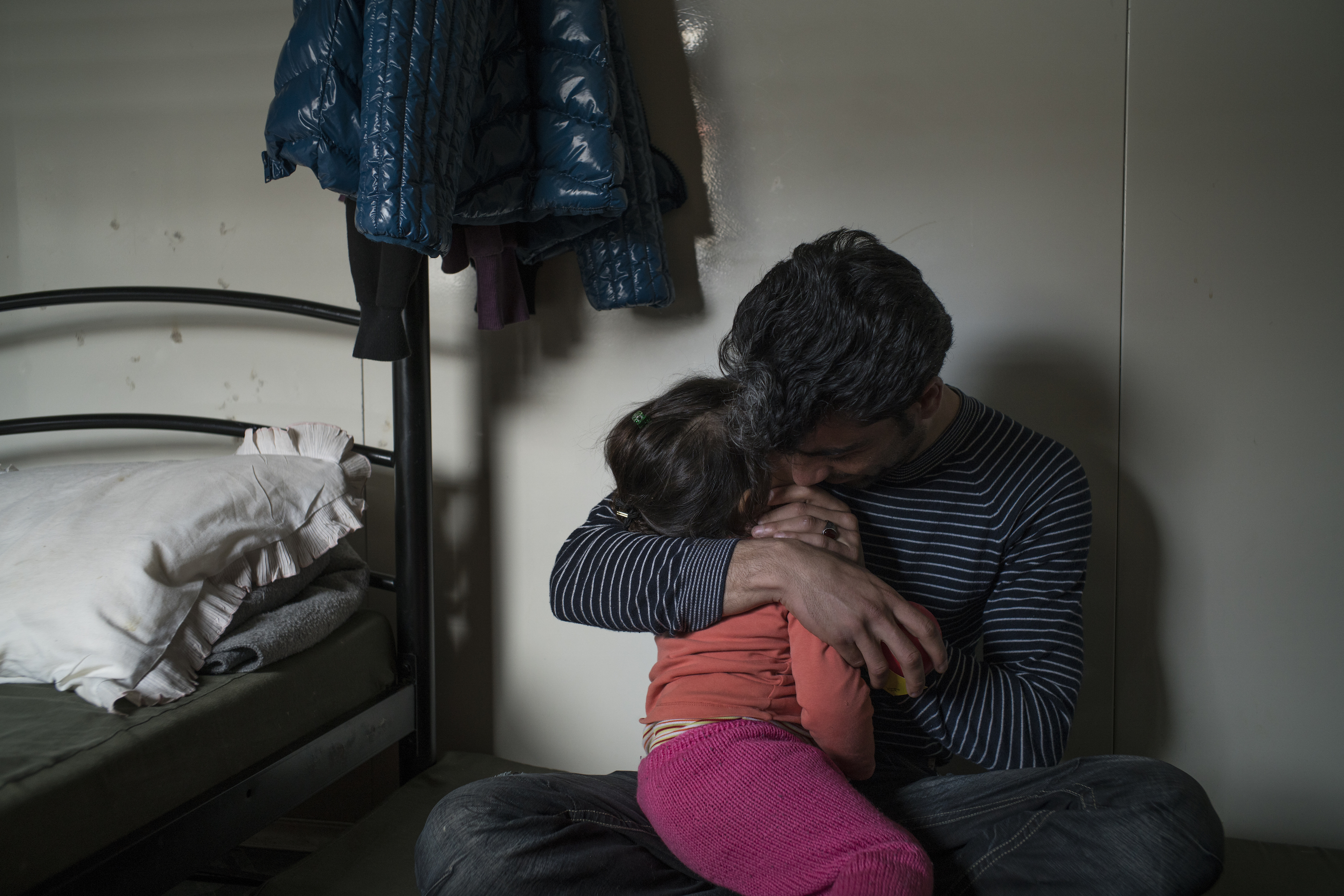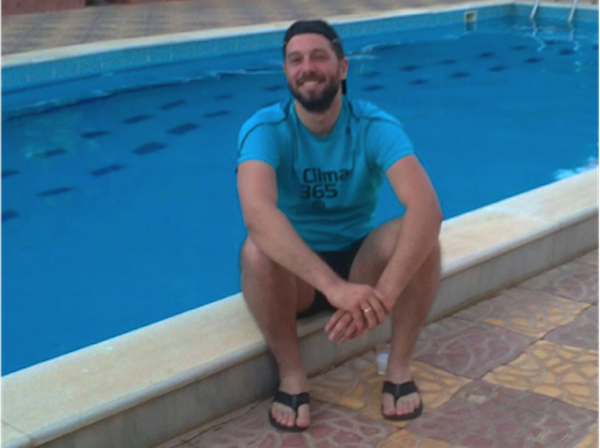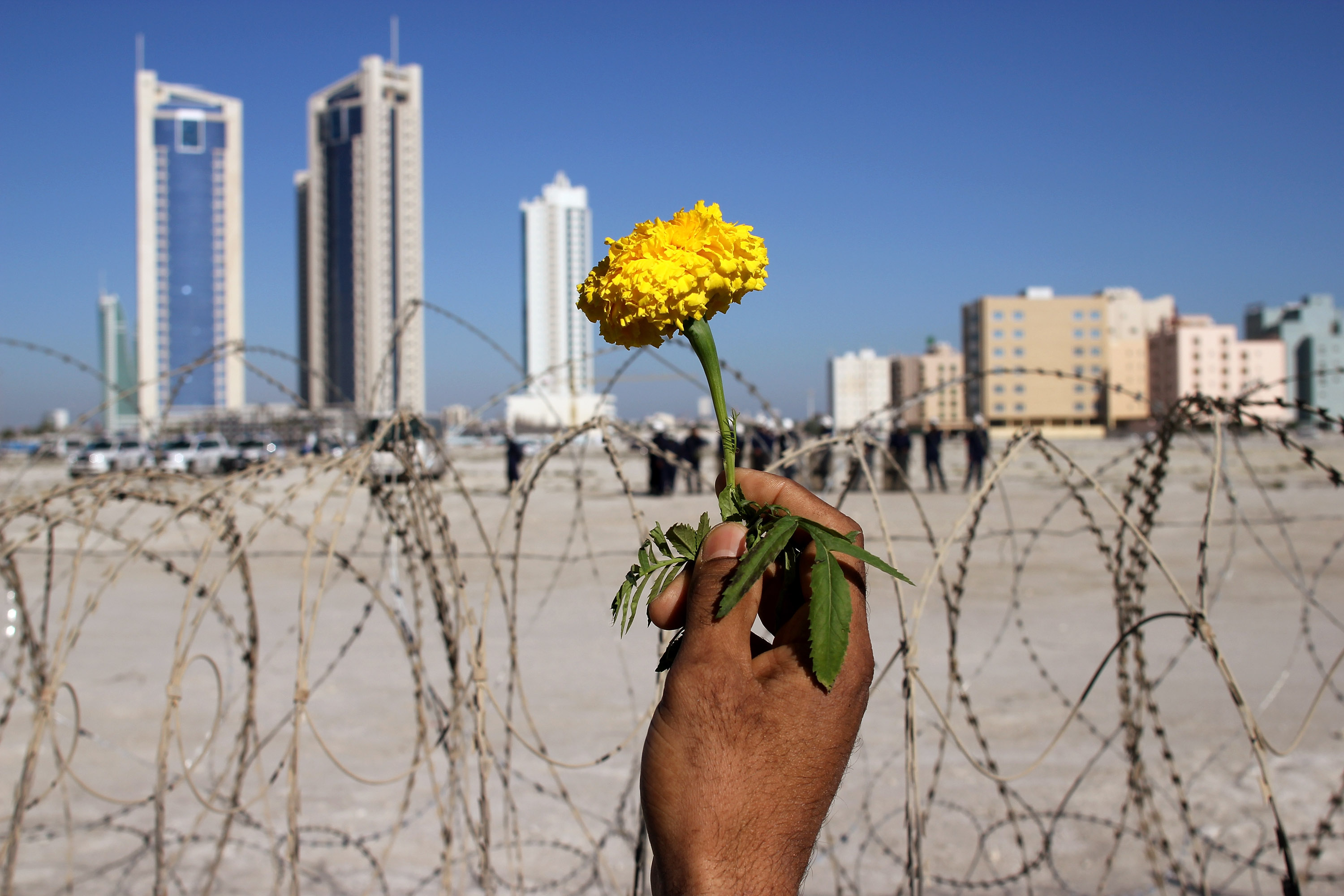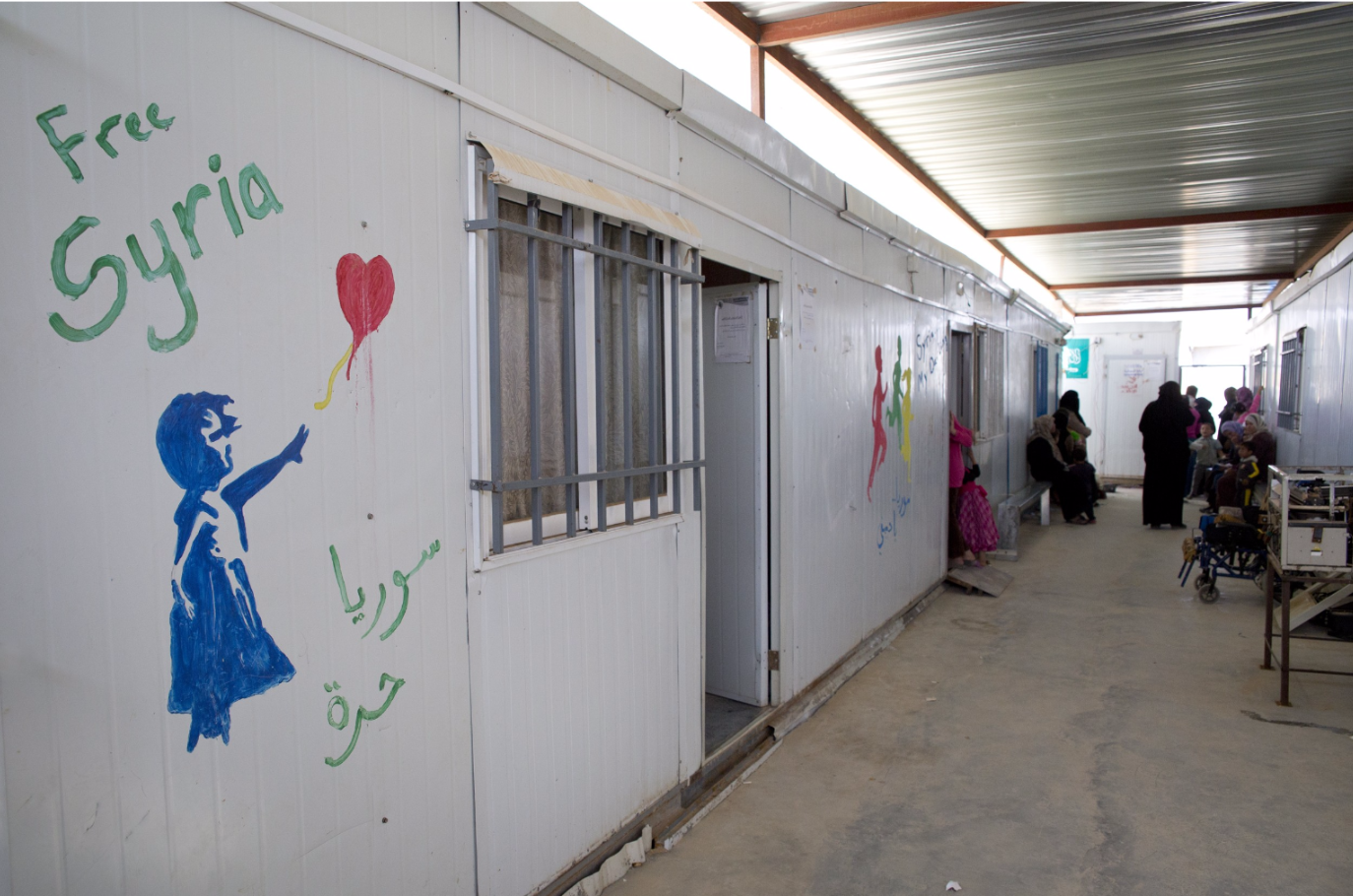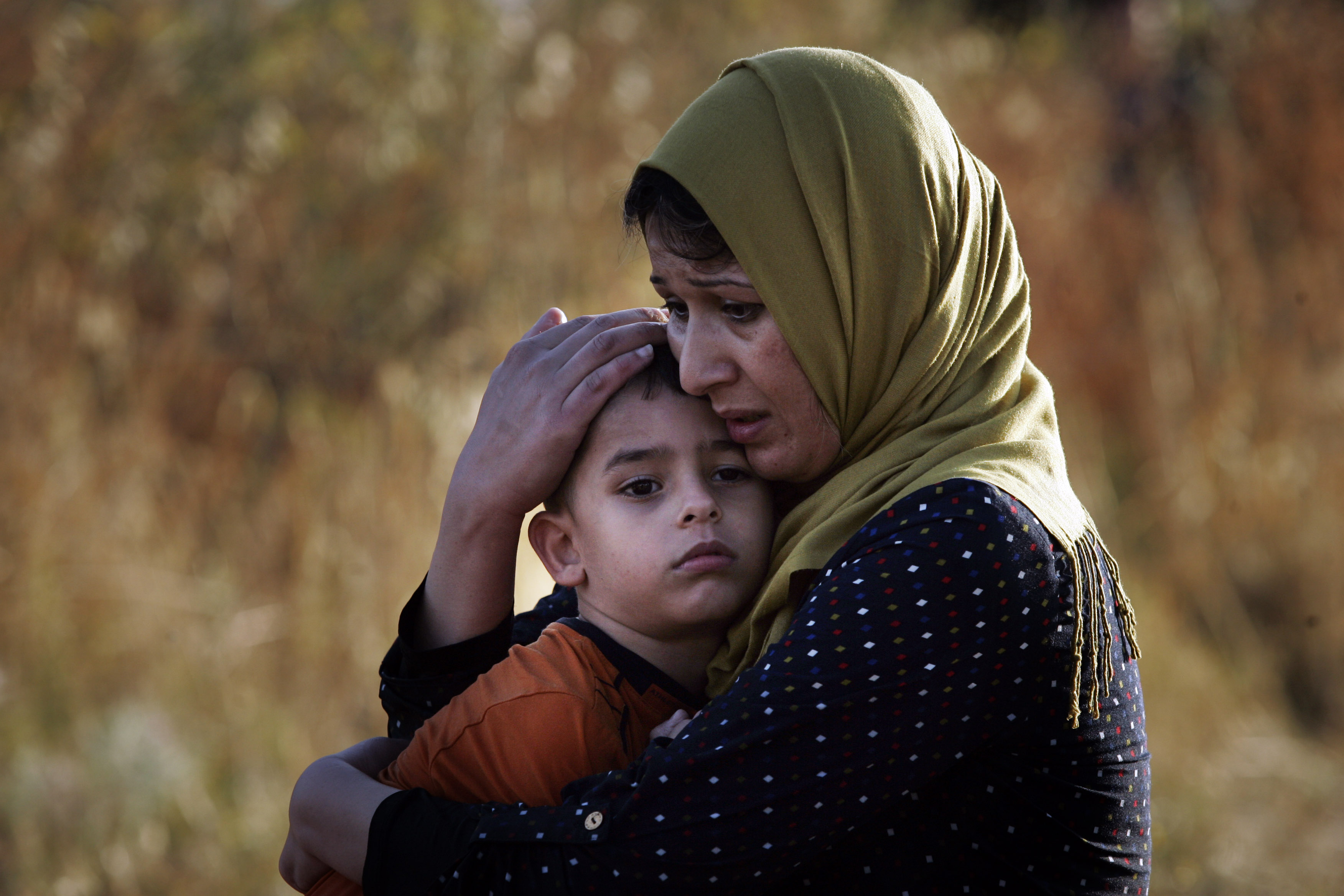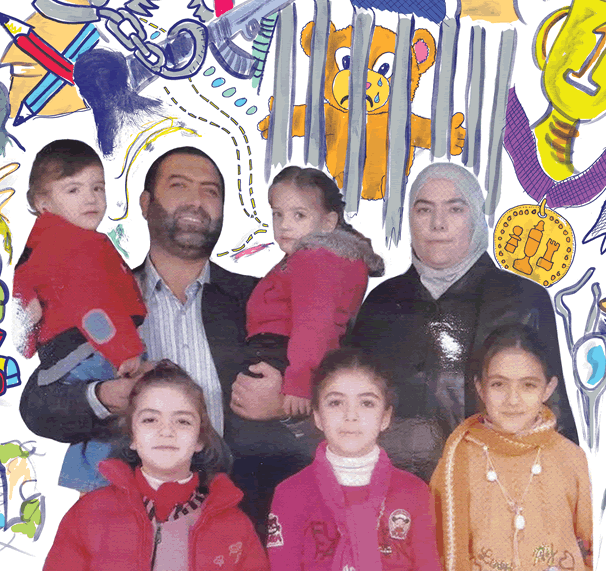From online videos of war crimes, to satellite images of rights violations in areas as reclusive as North Korea, to eyewitness accounts disseminated on social media, we have access to more relevant data today than ever before.
These new data streams open up new opportunities for human rights documentation, and have a profound impact on how we conduct research at Amnesty International. For example, we recently used cell-phone video footage and satellite images to uncover a likely mass grave in Burundi. Due to lack of physical access, our work on Syria also relies heavily on content shared through social media and satellite image analysis. SEE THE REST OF THIS POST
